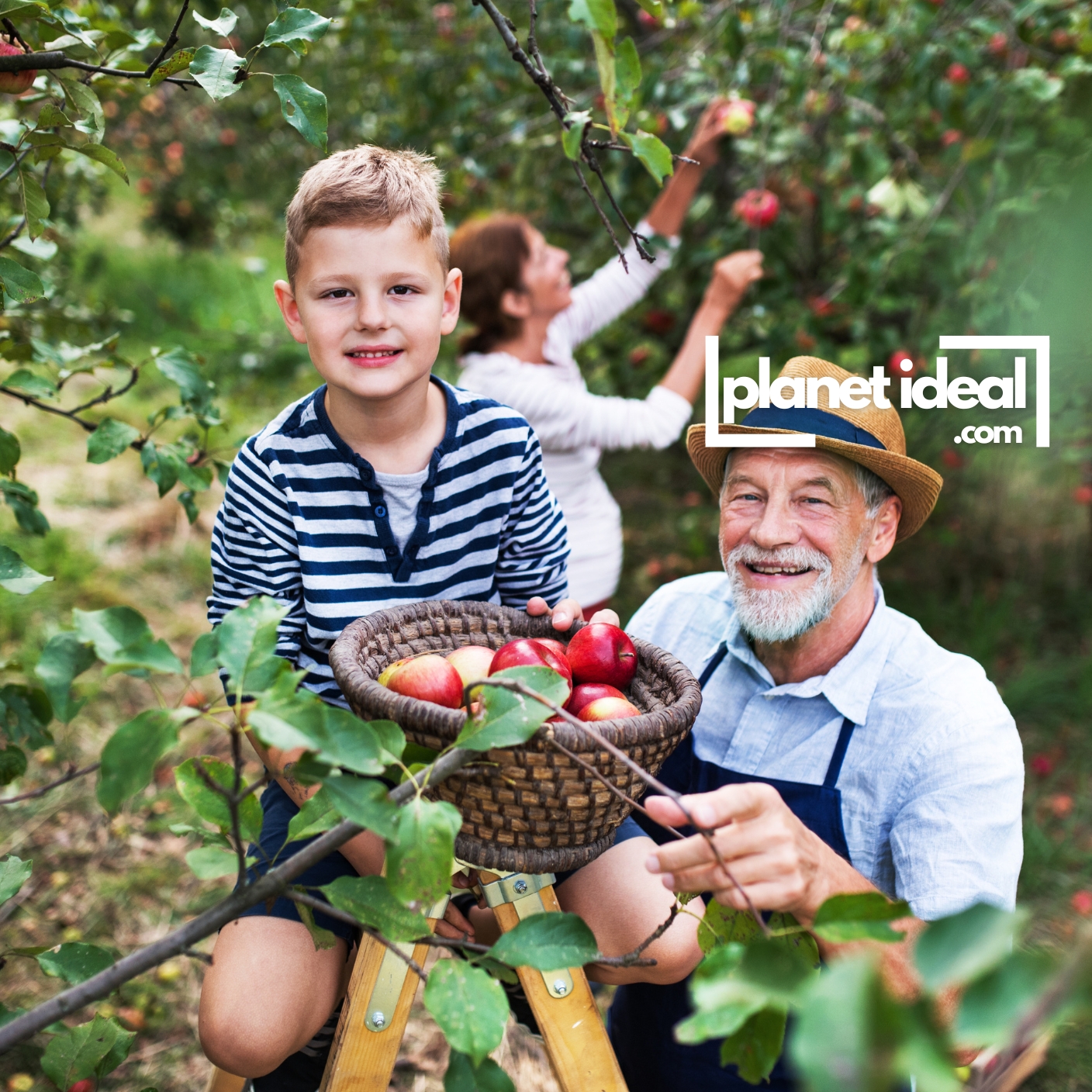Eating local isn’t just a trend; it’s a meaningful way to connect with your community, enjoy fresher food, and reduce your environmental impact. By supporting small farmers, you’re also contributing to a sustainable food system that values quality, nutrition, and ethical practices.
If you’re looking for ways to incorporate more local produce, meats, and other goods into your meals, you’re in the right place. Here are 10 simple and actionable ways to eat more local and support small farmers.
Table of Contents
Toggle1. Shop at Farmers’ Markets
Farmers’ markets are a direct line to local farmers, offering everything from seasonal produce to artisanal goods. Plus, shopping there often means getting fresher, more flavorful food.
Why Farmers’ Markets Are Great:
- Freshness: Produce is often harvested within 24 hours of the market.
- Variety: Discover unique, locally grown fruits and vegetables.
- Community Connection: Meet the people who grow your food.
Pro Tip: Bring your own reusable bags to reduce waste while you shop.
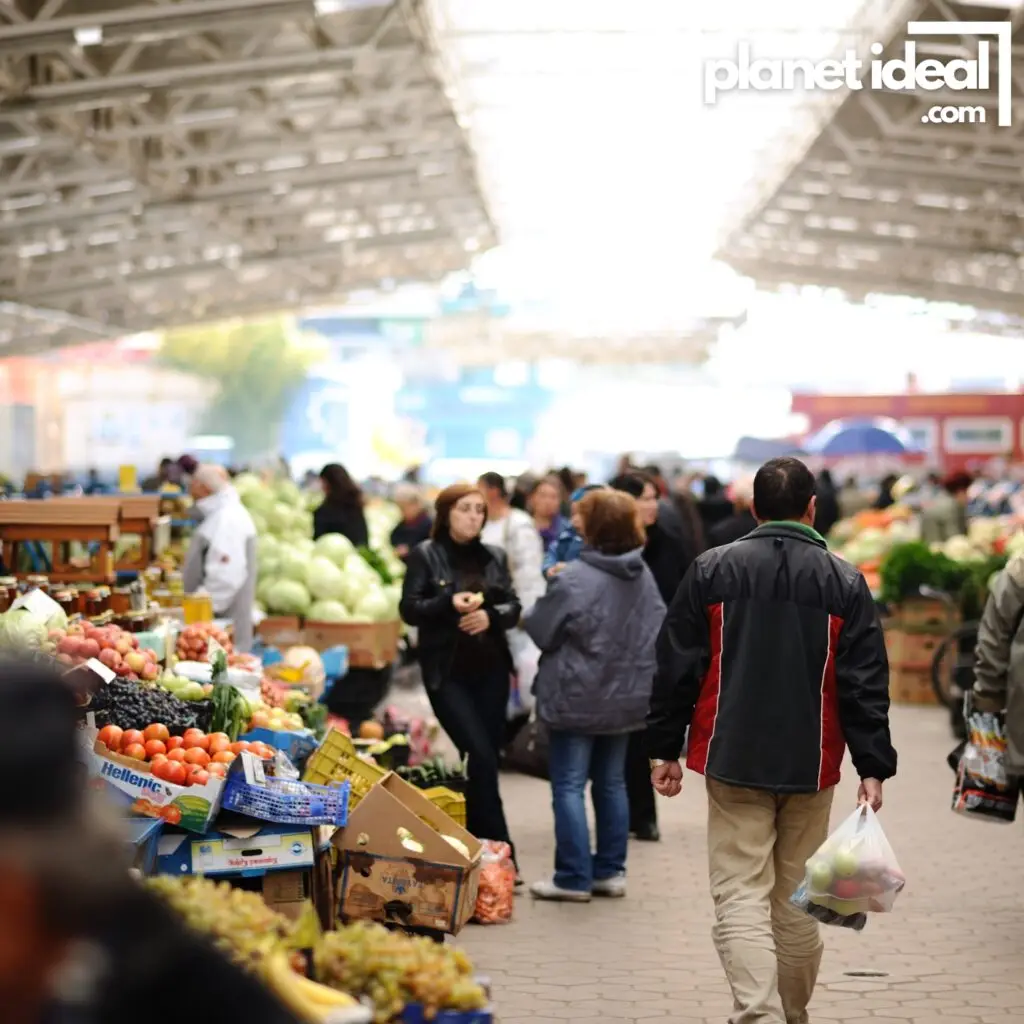
2. Join a CSA (Community Supported Agriculture)
A CSA subscription connects you directly with a local farm. You pay upfront for a share of the season’s harvest, and in return, you receive regular boxes of fresh, seasonal produce.
Benefits of a CSA:
- Supports Farmers: Provides them with financial stability.
- Seasonal Eating: Encourages you to cook with what’s in season.
- Convenience: Fresh produce delivered to your doorstep or a nearby pickup location.
External Link: Find a CSA near you through LocalHarvest.
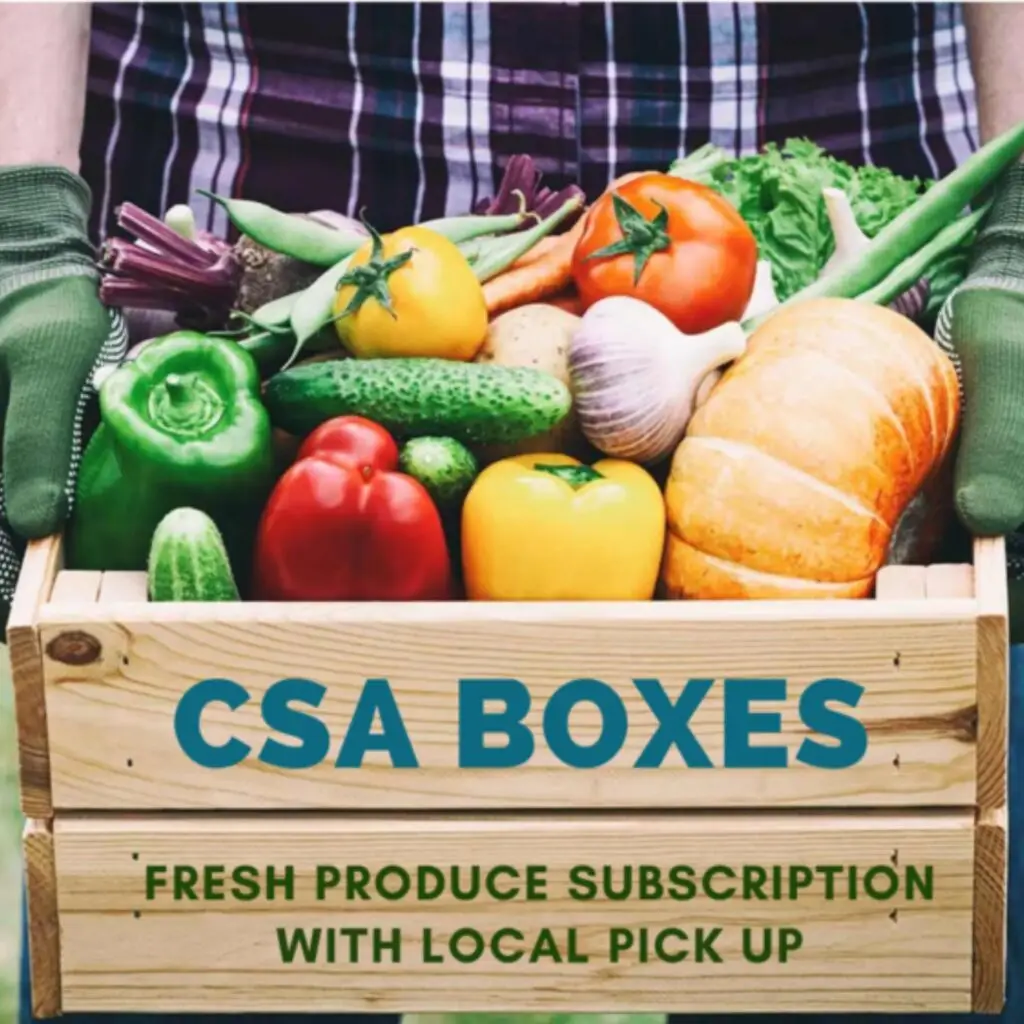
Source : https://cloudviewfarm.org/ephrata/csa-boxes/
3. Cook with Seasonal Ingredients
Eating seasonally means choosing foods that are naturally ripe at certain times of the year in your region. Seasonal produce is fresher, tastier, and often cheaper.
Seasonal Eating Tips:
| Season | Examples of Seasonal Produce |
|---|---|
| Spring | Asparagus, strawberries, radishes |
| Summer | Tomatoes, peaches, zucchini |
| Fall | Apples, pumpkins, sweet potatoes |
| Winter | Citrus fruits, kale, Brussels sprouts |
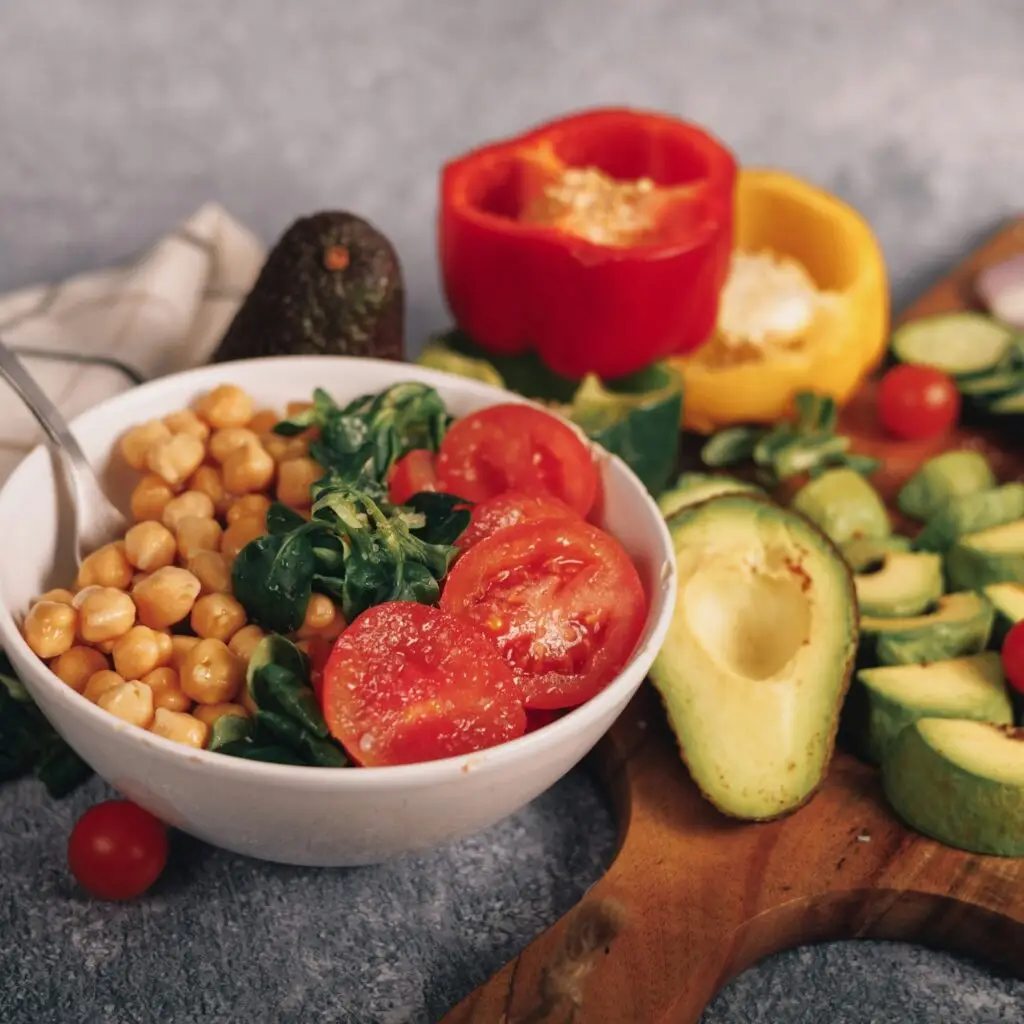
4. Visit a Local Farm
Many farms offer tours, pick-your-own experiences, or seasonal events like hayrides and pumpkin patches. Visiting a farm is not only fun but also a great way to directly support farmers.
Why Visit Local Farms?
- Hands-On Learning: See how your food is grown.
- Support Farmers: Pay directly for their goods and services.
- Family Fun: A great outing for kids and adults alike.
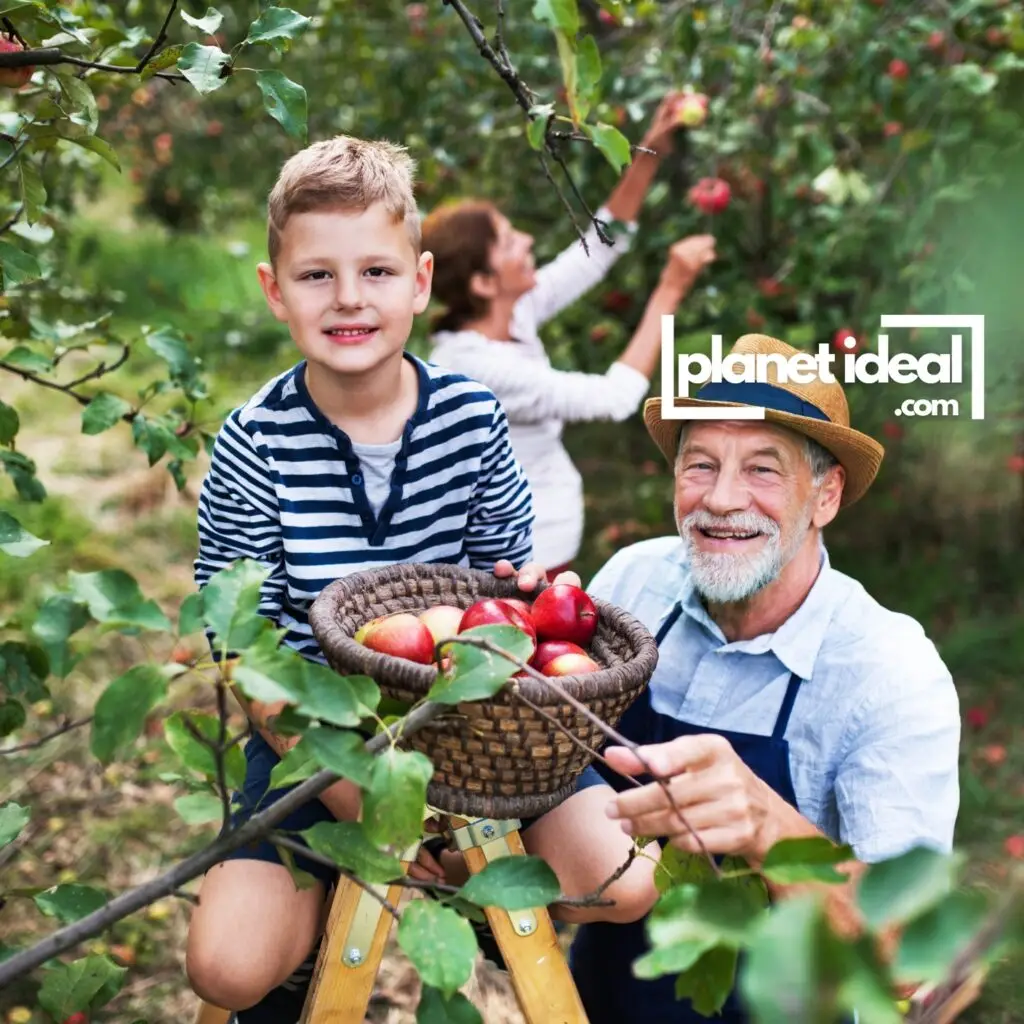
5. Support Restaurants That Source Locally
Many restaurants highlight local ingredients on their menus. By dining at these establishments, you’re indirectly supporting small farmers and enjoying fresh, high-quality meals.
How to Find Them:
- Look for phrases like “farm-to-table” or “locally sourced” on menus.
- Check their website or ask the staff about their sourcing practices.
- Use apps like HappyCow to find eco-conscious eateries.

6. Grow Your Own Food
Even a small backyard or balcony can be transformed into a productive space for growing herbs, vegetables, or fruits. Growing your own food connects you with the local food movement while reducing your reliance on mass-produced items.
Easy Crops to Start With:
- Herbs: Basil, cilantro, mint.
- Vegetables: Lettuce, spinach, cherry tomatoes.
- Fruits: Strawberries, blueberries (in pots).
Pro Tip: Use compost from your kitchen scraps to enrich your soil.
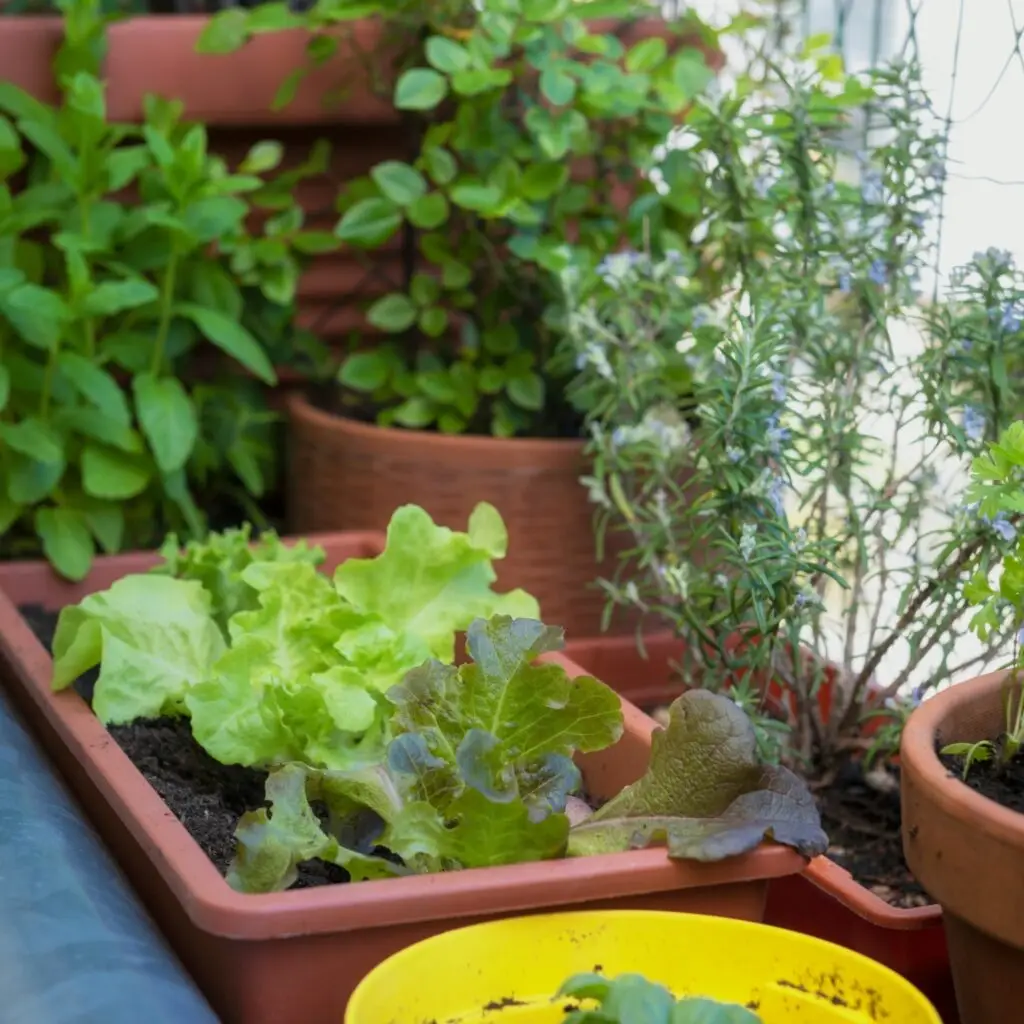
7. Choose Local Over Imported Goods
When shopping at grocery stores, pay attention to the origin labels. Prioritize products that are grown or made locally instead of imported ones.
Why It Matters:
- Reduces the carbon footprint of transporting goods.
- Keeps money in the local economy.
- Often ensures fresher and higher-quality products.

8. Preserve Local Produce
Preserving seasonal produce is a great way to enjoy local flavors year-round. Methods like freezing, canning, or pickling allow you to store food for later.
Preservation Ideas:
| Method | Best For |
|---|---|
| Freezing | Berries, leafy greens, soups |
| Canning | Tomatoes, jams, sauces |
| Pickling | Cucumbers, onions, radishes |
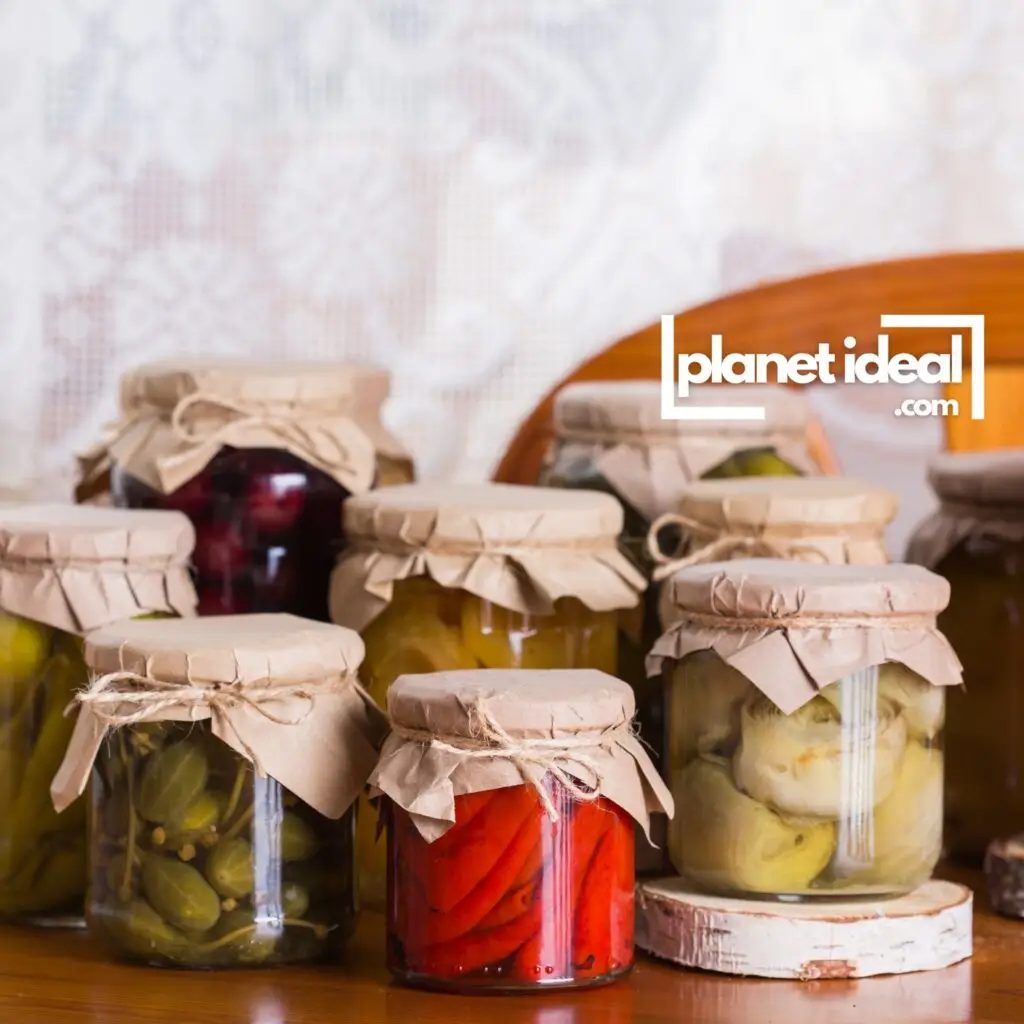
9. Attend Local Food Festivals
Many communities host food festivals that celebrate local agriculture. These events often feature farmers, chefs, and artisans showcasing their work.
Why Attend?
- Support Farmers: Proceeds often go directly to producers.
- Discover New Favorites: Try local specialties and seasonal treats.
- Connect with the Community: Meet like-minded food lovers.
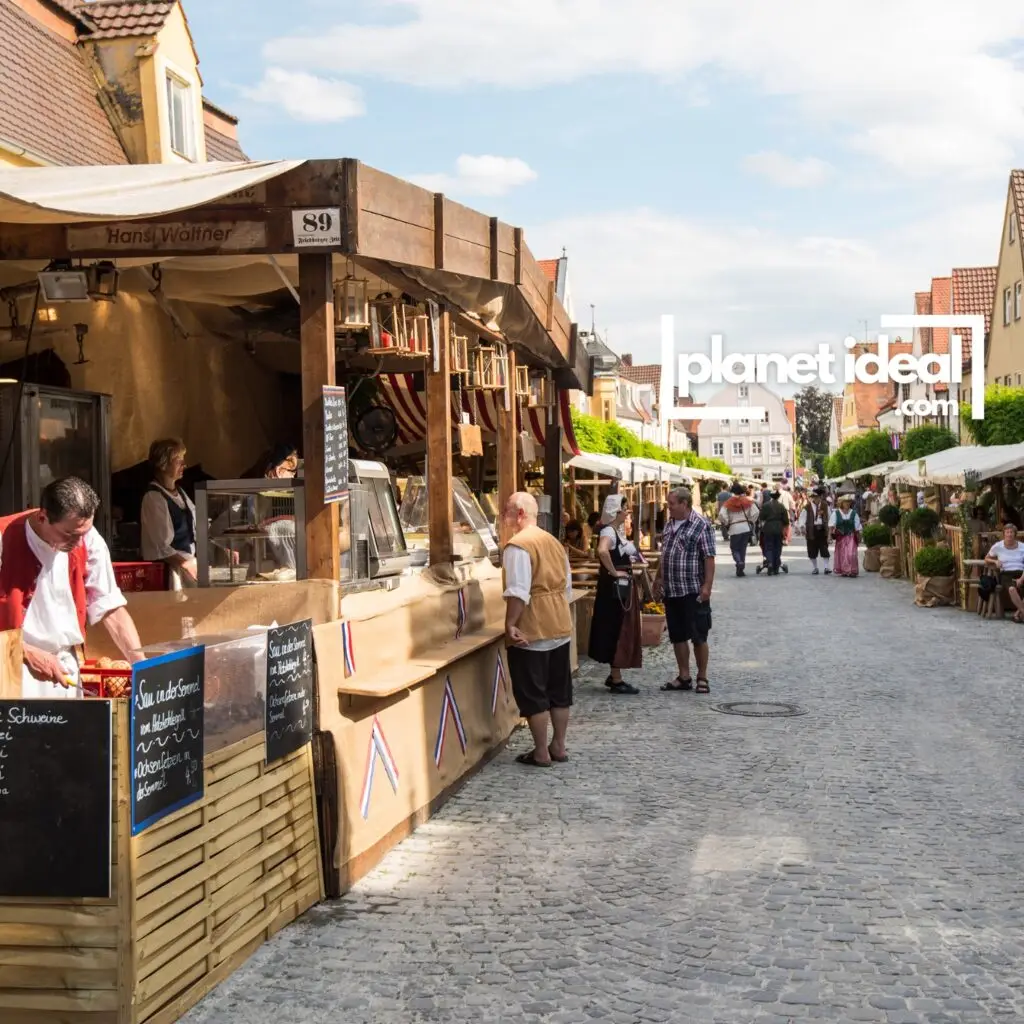
10. Advocate for Local Food Policies
Beyond your shopping and eating habits, advocating for policies that support local farmers can have a broader impact. Encourage schools, businesses, and government organizations to prioritize local food procurement.
Ways to Advocate:
- Join Community Groups: Participate in local food councils or agricultural committees.
- Educate Others: Share the benefits of eating local with friends and family.
- Vote with Your Dollars: Support stores and brands that value local sourcing.
At Planet Ideal, we’re on a mission to make sustainable living accessible for everyone. Our team of eco-enthusiasts writes short, snappy, and easy-to-digest articles designed to inspire real change without overwhelming. From practical tips to innovative ideas, we’re here to prove that living green can be stylish, convenient, and enjoyable. Join us as we empower individuals, families, and communities to embrace eco-friendly lifestyles—one step, one story, and one solution at a time.

